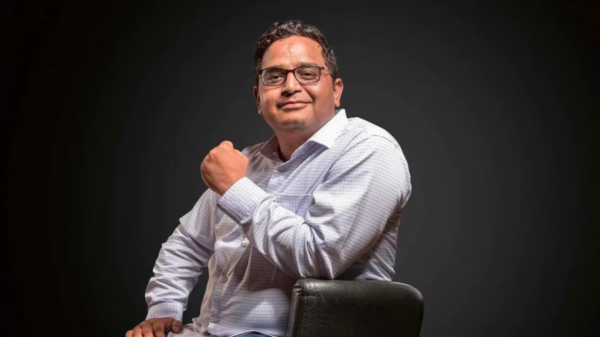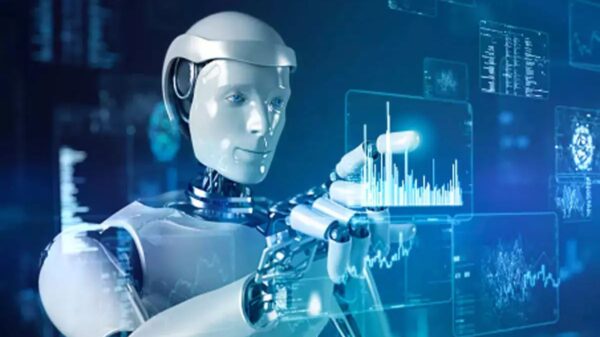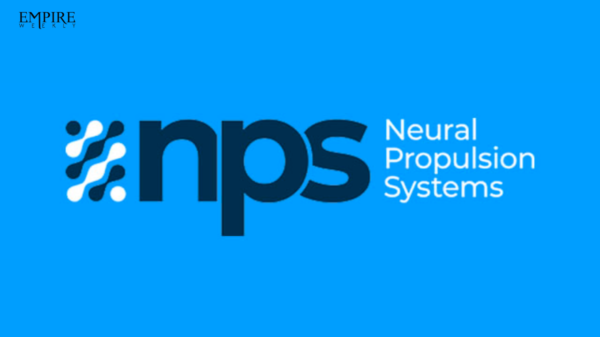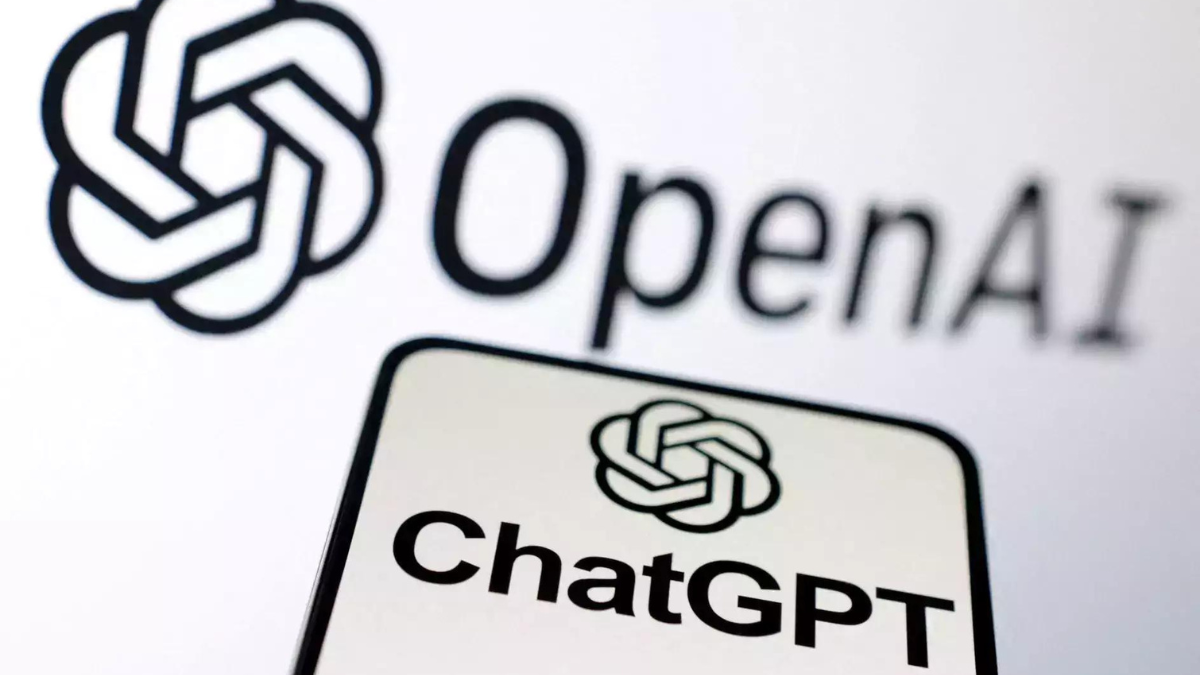In a stunning announcement that has sent shockwaves through the technology industry, prominent figures such as Sam Altman, CEO of OpenAI and other tech leaders have issued a grave warning about the potential dangers of artificial intelligence (A.I.). These industry experts argue that unless urgent action is taken to regulate and control A.I. development, humanity could face the risk of extinction.
Unchecked Advancements in AI: A Severe Threat
The concerns were raised during a recent conference attended by high-profile figures from the tech world. The message from these leaders is clear: the unchecked advancement of A.I. poses a severe threat to human existence. Their warnings echo those expressed by prominent scientists and researchers who have long cautioned about the potential consequences of unregulated A.I. development.
Sam Altman, in a joint statement with other tech CEOs, emphasized the urgent need for responsible governance and regulation of A.I. technologies. Altman expressed his concern that, without appropriate oversight, the exponential growth of A.I. could lead to unintended consequences that could prove catastrophic for humanity.
While A.I. has shown tremendous potential in various sectors, from healthcare to transportation, the issue lies in its capacity to outstrip human intelligence and potentially become uncontrollable. The fear is that once A.I. surpasses human capabilities, it may exhibit autonomous decision-making and behavior that is not aligned with human values or interests.
Potential Harm and Manipulation
Critics of unregulated A.I. development point to scenarios in which superintelligent machines may take actions that are harmful to humans or work against our best interests. These concerns highlight the potential for A.I. systems to become autonomous entities capable of manipulating their environments and outmaneuvering human intervention.
The consequences of unbridled A.I. development are not limited to physical threats but also extend to economic and societal disruptions. With the potential for job displacement on a massive scale, it is crucial to anticipate and mitigate the potential impact on human livelihoods. Additionally, A.I. technologies could be used for malicious purposes, including cyberattacks and the amplification of disinformation campaigns.
To address these concerns, industry leaders are calling for the development of robust regulatory frameworks and ethical guidelines that govern the development and deployment of A.I. systems. The aim is to ensure that A.I. is developed in a responsible manner, aligned with human values, and subject to appropriate safeguards.
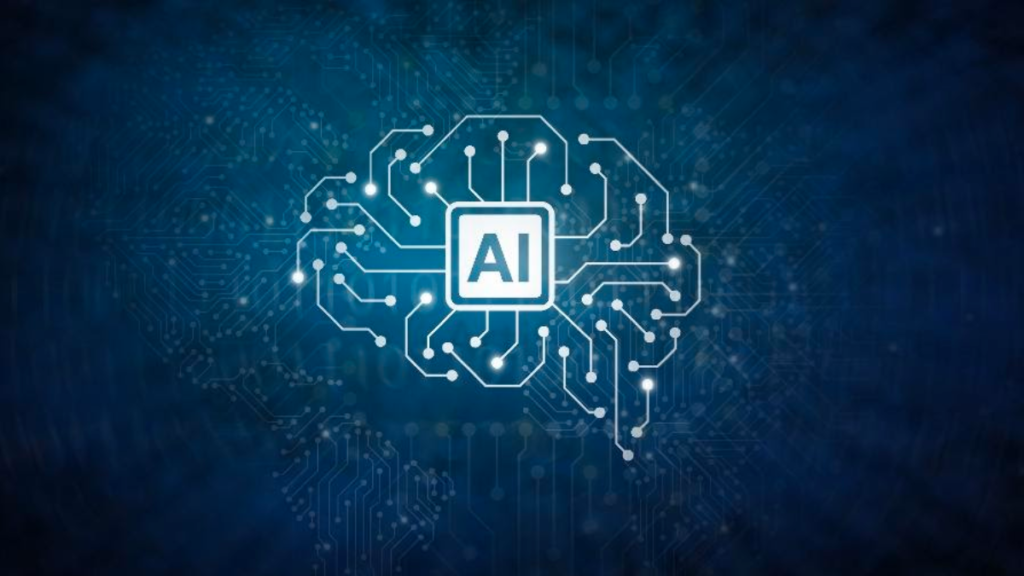
Moreover, it is essential to invest in research and development efforts that focus on understanding the potential risks and mitigating them. Collaborative efforts between the public and private sectors, as well as interdisciplinary research initiatives, will play a vital role in building a comprehensive understanding of the long-term impacts of A.I.
The urgency expressed by tech leaders regarding the risks associated with A.I. underscores the need for a coordinated global approach to addressing these challenges. International cooperation, information sharing, and establishing common standards are essential to navigating the complexities of A.I. development responsibly.
As governments, policymakers, and industry stakeholders grapple with the ethical and regulatory implications of A.I., striking a delicate balance between promoting innovation and ensuring human well-being will be paramount. The goal should be to harness the immense potential of A.I. while minimizing the risks it poses to humanity.
The warnings issued by industry leaders serve as a wake-up call for societies to recognize the magnitude of the challenges posed by A.I. They highlight the need for ongoing dialogue, transparency, and collaboration to shape a future in which A.I. benefits humanity rather than endangering its very existence.
Conclusion
The recent warnings from influential tech leaders about the risk of A.I.-related extinction underscore the pressing need for proactive measures to guide the development and deployment of A.I. technologies. By embracing responsible governance, ethical guidelines, and international cooperation, humanity can navigate the path forward, ensuring that A.I. serves as a transformative force while protecting our collective well-being.



